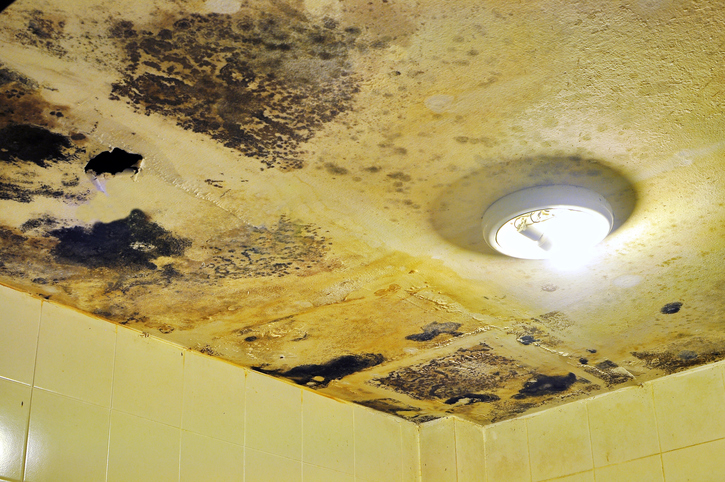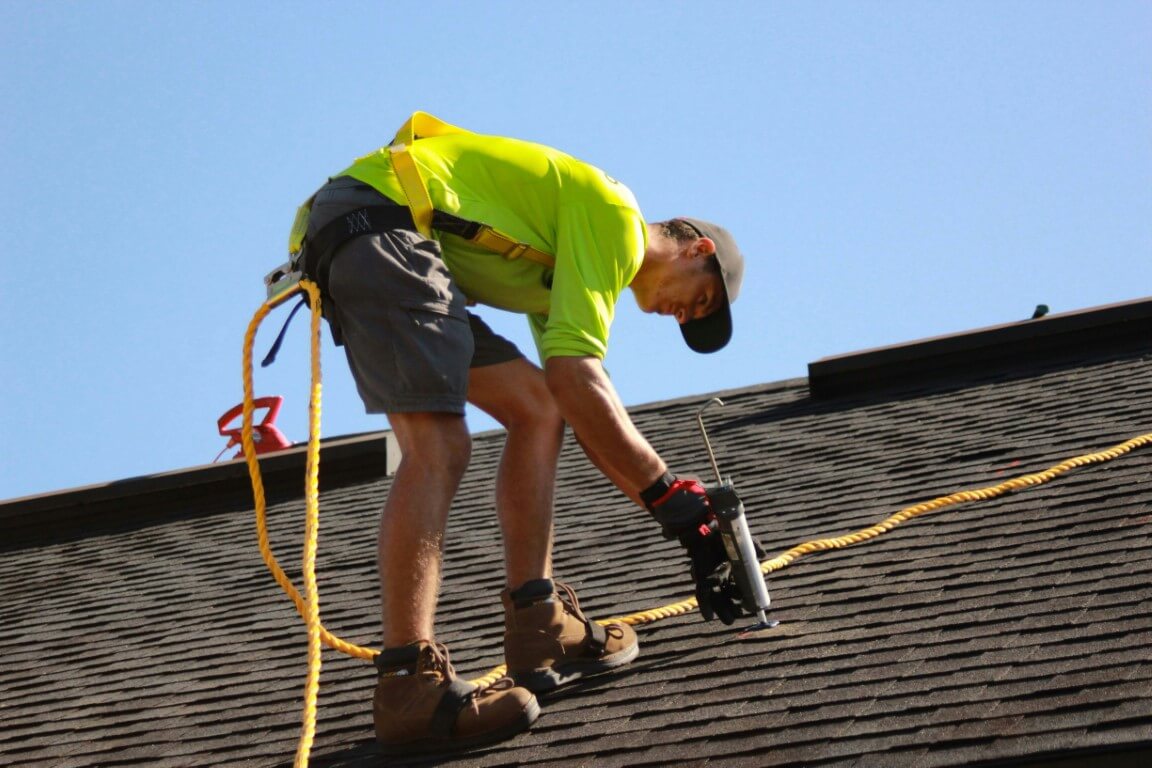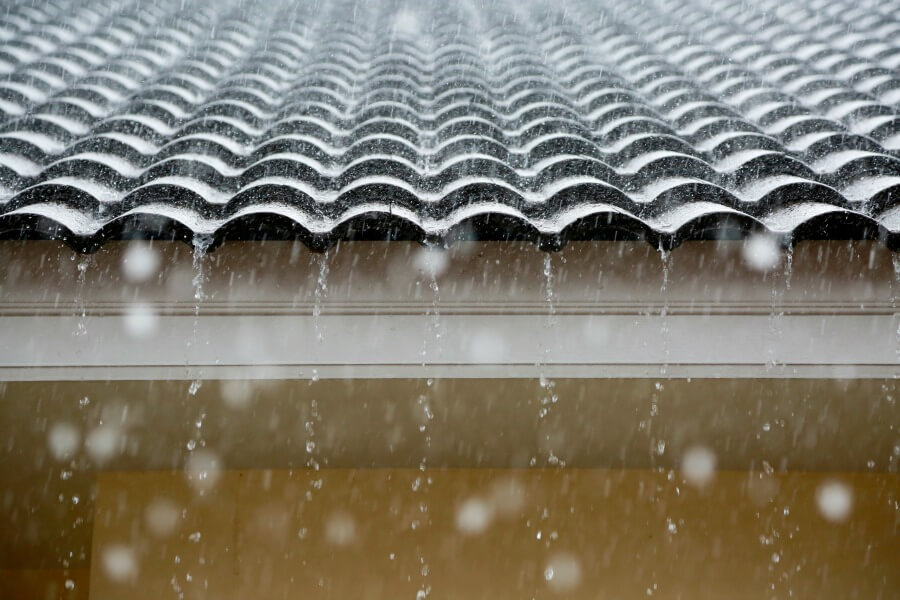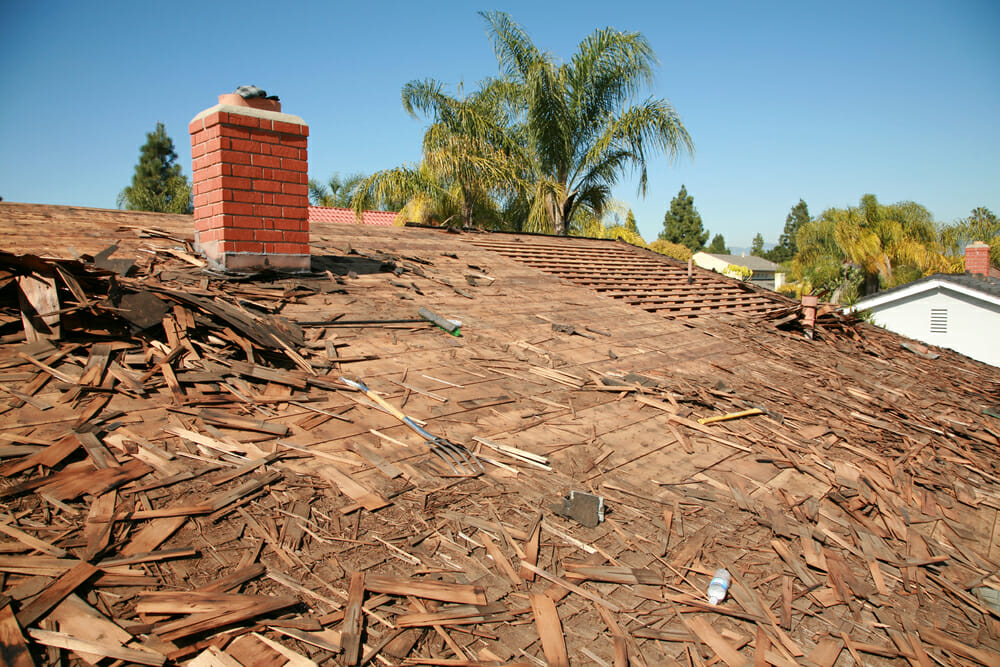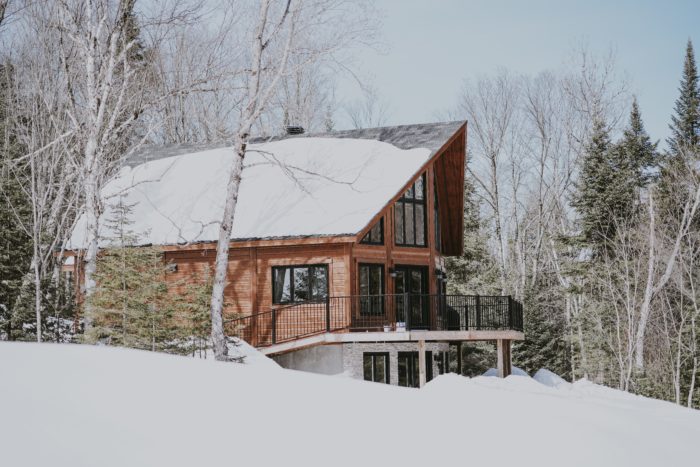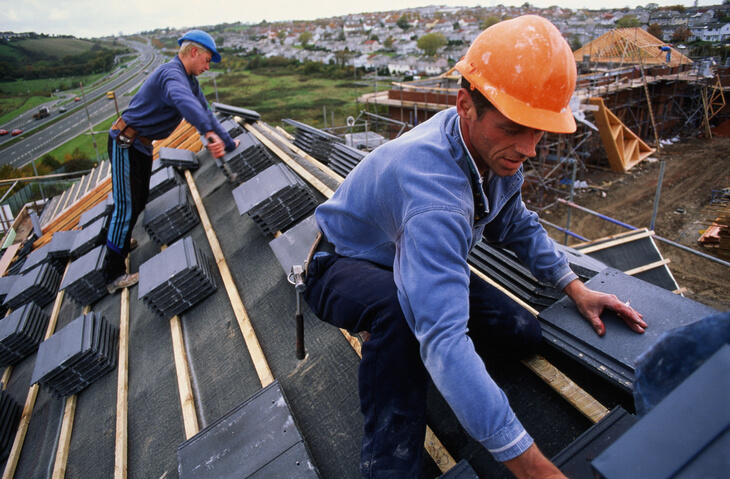Find Local Roofing Repair Pros In Miami
If you’re searching for local roofing repair pros in Miami, WV, you’re likely dealing with a problem that needs attention now—not a full roof replacement. Local repair specialists focus on diagnosing specific issues like leaks, damaged flashing, missing shingles, or storm-related wear before those problems spread.
Roofing professionals familiar with homes in Miami know how seasonal weather, including humid summers and cold winters and periods of heavy precipitation, affects roof materials over time.
What Do Local Roofing Repair Pros Fix?
Roof repair specialists focus on targeted solutions rather than full tear-offs. Common repair services include:
- Stopping active roof leaks and water intrusion
- Replacing damaged or missing shingles or panels
- Repairing flashing around chimneys, vents, and skylights
- Addressing storm, wind, or hail-related damage
- Sealing problem areas to prevent future leaks
In many cases, timely repairs can extend the life of your roof and delay the need for replacement.
Roof Repair Costs in Miami
Roof repair pricing depends on damage type, roof access, and labor time. Typical local costs include:
- Average roof repair: $1,196
- Minor roof maintenance: $468
- Roof inspection: $260
- Hourly roofing labor: $88–$161
A local roofing repair pro in Miami can quickly assess whether a repair is sufficient or if further work is recommended.
Why Choose Local Roofing Repair Pros?
Hiring a nearby roofing repair professional offers advantages beyond convenience:
- Faster response times for leaks and urgent issues
- Familiarity with roof styles common in Miami, WV
- Experience repairing damage caused by regional weather patterns
- Clear communication and easier follow-up service
Local pros are also more likely to spot subtle issues that national or replacement-focused companies may overlook.
When Should You Call a Roof Repair Specialist?
Homeowners in West Virginia should consider calling a local roofing repair pro if they notice water stains on ceilings, loose shingles after storms, visible roof damage, or unexplained increases in energy bills.
Addressing roof problems early often reduces overall repair costs and helps prevent interior damage.
Get Help From Local Roofing Repair Pros Near You
If you’re comparing local roofing repair pros, start by scheduling an inspection with a contractor in Miami. A qualified professional in Miami, WV will explain the issue, outline repair options, and provide clear pricing.
Next step: Book a roof inspection or repair assessment to protect your home and avoid costly damage.
Get free quotes from local roof repair pros in Miami.

